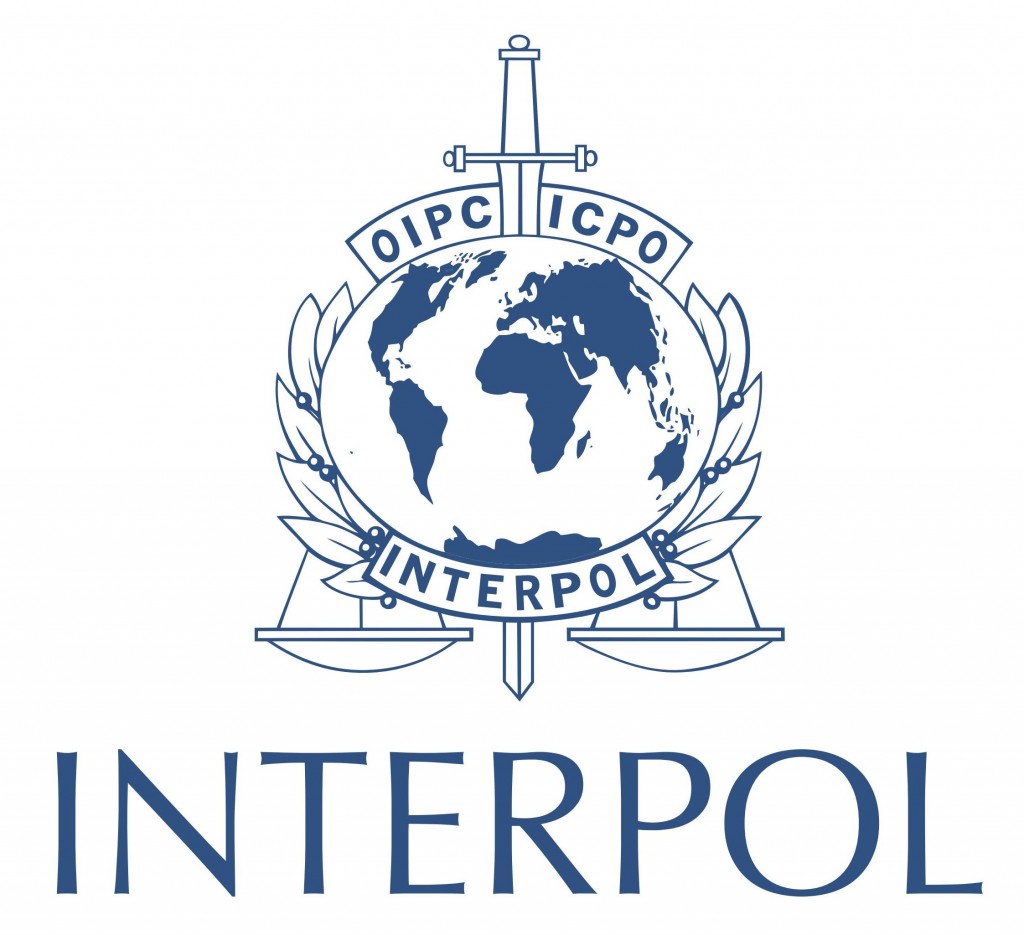 An operation led by Interpol in conjunction with Europol’s Intellectual Property Crime Coordinated Coalition (IPC³), the US National Intellectual Property Rights Coordination Centre and law enforcement authorities from 27 EU Member States and third parties, seized over 20,520 domain names in an operation that was revealed to coincide with Cyber Monday this week. The domain names were used for websites that were offering counterfeit goods, for example luxury products, sportswear, electronics, pharmaceuticals and online piracy on e-commerce platforms and social networks.
An operation led by Interpol in conjunction with Europol’s Intellectual Property Crime Coordinated Coalition (IPC³), the US National Intellectual Property Rights Coordination Centre and law enforcement authorities from 27 EU Member States and third parties, seized over 20,520 domain names in an operation that was revealed to coincide with Cyber Monday this week. The domain names were used for websites that were offering counterfeit goods, for example luxury products, sportswear, electronics, pharmaceuticals and online piracy on e-commerce platforms and social networks.
This joint global recurrent operation ‘In Our Sites’ (IOS) was implemented in 2014 and has since increased significantly. The eighth edition in 2017 of this global operation saw a big range of anti-counterfeiting associations and brand owner representatives joined law enforcement authorities participating in this huge worldwide action, to facilitate international cooperation and support the countries involved in this initiative. A total of 7,776 websites have been seized in the previous editions.
This year’s operation IOS VIII has seen a remarkable increase of up to 20,520 seized domain names that were illegally selling counterfeit merchandise online to consumers. This can be explained by the holistic approach which Europol followed with the aim of making the internet a safer place for consumers, by getting even more countries and private-sector partners to participate in this operation and provide referrals.
“This excellent result shows how important and effective cooperation between law enforcement authorities and private-sector partners is, and how vital it is if we are to ultimately make the internet a safer place for consumers,” said Rob Wainwright, Executive Director of Europol. “Through its Intellectual Property Crime Coordinated Coalition (IPC³), Europol will continue to work closely with its partners to strengthen the fight against intellectual property crime online and offline.”
“Targeting copyright-infringing websites that market dangerous counterfeit goods to consumers and engage in other forms of intellectual property theft will continue to be a priority for law enforcement,” said acting IPR Center Director Nick Annan. “Strengthening our collaboration with police authorities around the world and leaders of industry will reinforce the crackdown on IP crimes, and demonstrate that there is no safe haven for criminals committing these illicit activities.”
Europol and the European Union Intellectual Property Office (EUIPO) continued to join efforts in 2017 by successfully supporting many high-priority investigations related to online crimes, providing training related to online investigations, and organising a conference on Innovative Strategies for Effective Enforcement in Antwerp, Belgium, on 19-20 September 2017.
One of the participants in the IOS, ICE’s Homeland Security Investigations arrested two Mexican nationals earlier this year for allegedly operating a counterfeit airbag business out of their residence in Albuquerque, New Mexico. Dina Gonzalez-Marquez and Emilio Gonzalez-Marquez were charged with conspiring to traffic in counterfeit goods and two counts of trafficking in counterfeit goods. The two Mexican nationals facilitated the listing and selling of counterfeit airbag modules and airbag covers through their online website airbagsplace.com, and conducted in person sales of the counterfeit goods.
As part of HSI’s enforcement actions the website domain name was seized and the merchant account used to facilitate the illegal activity was shut down. If convicted on the charges in the indictment, Dina Gonzalez-Marquez and Emilio Gonzalez-Marquez each face a statutory maximum penalty of ten years in prison and a maximum fine of $2 million.
The easy access to the internet has made fighting counterfeiting and piracy a worldwide challenge. Counterfeiters’ ability to remain anonymous and operate thousands of web domains brings significant challenges for both the private sector and law enforcement efforts directed at taking down rogue websites and tracking down the individuals behind them. Furthermore, it has become increasingly easy to become a victim of counterfeiting. Mindful of this, Europol’s IPC³ has produced a new awareness video for consumers about the risks of ordering counterfeit medicines online. This phenomenon knows no limits – in the best-case scenario, fake medicines leave patients with no ill effects but also with no cure and in many other cases, they could even be life threatening.
Europol also wants to help consumers identify illicit websites selling counterfeit goods. For more information about the risks of buying counterfeits and other means used by counterfeiters, such as fake social media accounts and fake apps, visit Europol’s dedicated web page.
This latest Domain News has been posted from here: Source Link

